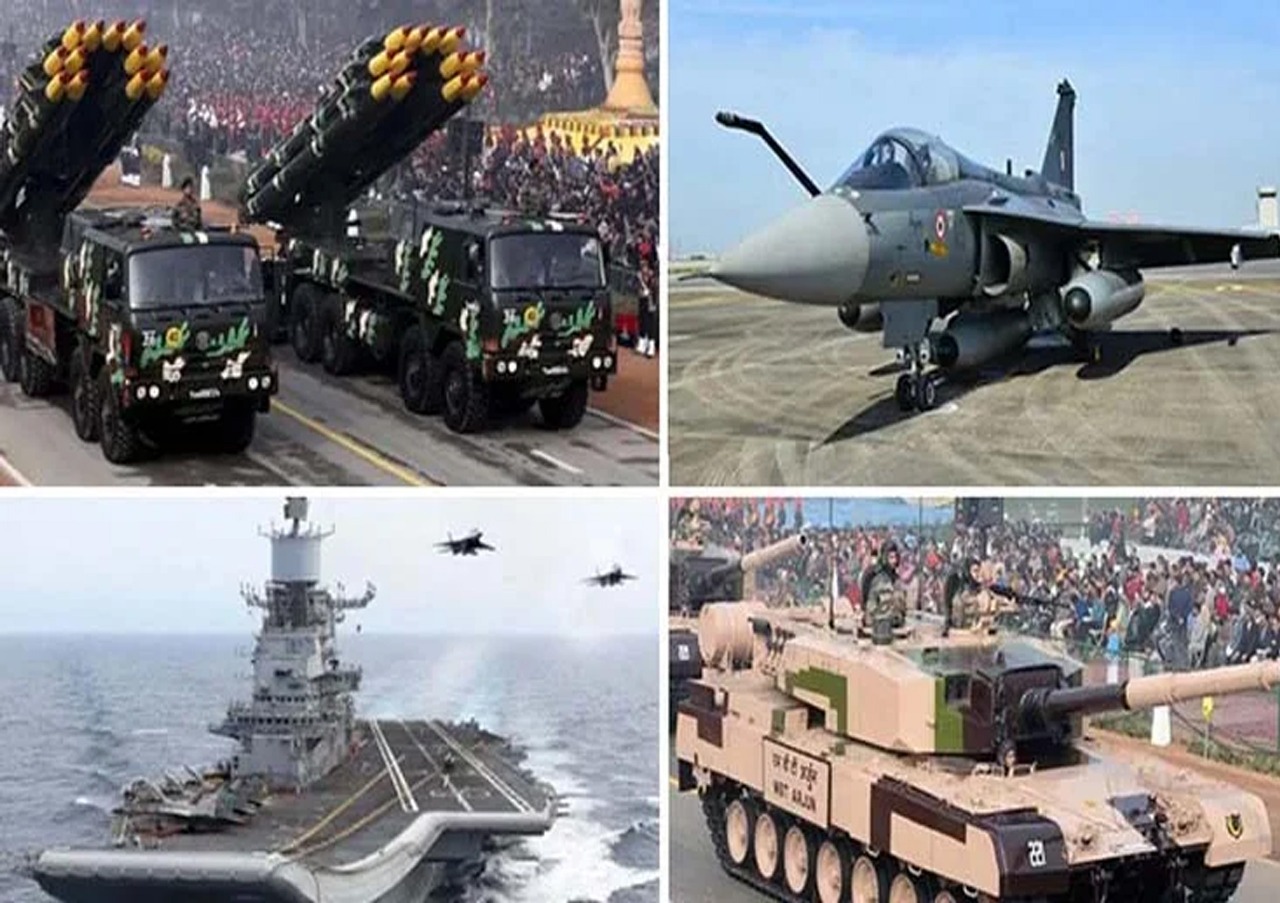
India's Ministry of Defence is taking decisive steps to achieve self-reliance in drone technology. On July 16, 2025, a key workshop will be held at New Delhi's Manekshaw Centre to advance the development of homegrown unmanned aerial vehicles (UAVs) and counter-drone systems.
This is not a regular policy meeting. The workshop happens at a moment when India has already witnessed the efficiency of such technologies to combat situations in real life.
Indian UAVs and counter-drone systems have become the game-changers during Operation Sindoor in the situation of escalating tensions with Pakistan. This allowed commanders to have real-time intelligence, allowed well-targeted attacks and, above all, kept Indian soldiers out of danger.
The success of these homegrown systems in actual operations has sent a clear message to defence planners: India's indigenous technology works, and it's time to double down on it.
The Headquarters Integrated Defence Staff is organising this event alongside the Centre for Joint Warfare Studies, and they're not holding back on who they're inviting. Defence chiefs, industry leaders, scientists, policy makers, and military strategists will all be in the same room, hammering out a practical roadmap for reducing India's reliance on foreign suppliers.
General Anil Chauhan, India's Chief of Defence Staff, will be the chief guest, while Air Marshal Ashutosh Dixit will wrap up the event with key takeaways and present what officials hope will be a comprehensive policy document on making UAV and counter-drone systems truly "Made in India."
The workshop promises to be more than just talk. Attendees will witness live demonstrations of Indian-made platforms and engage in focused discussions about filling the gaps in domestic production capabilities. It's about showing what India can already do while identifying exactly what needs to be fixed.
The timing couldn't be more critical. Modern warfare increasingly depends on unmanned systems, and countries that can't produce their own are at a serious disadvantage. India has learned this lesson well, especially after seeing how UAVs and counter-drone systems performed during recent border tensions.
Today India continues to rely on foreign original equipment manufacturers in many important parts. This introduces vulnerabilities and this is not only in the case of the supply chains, but also in the case of technological sovereignty. When you import major defense parts then it is tantamount to outsourcing part of your national security.
The initiative supports PM Modi's Aatmanirbhar Bharat vision, aiming to establish India as a self-reliant leader in UAV and counter-drone technologies, reducing imports and boosting exports. The workshop will outline a roadmap for indigenous design and production of components and software, offering defence companies opportunities to address technology gaps and contribute to India's defence transformation.
IGiven the successful outcome of this initiative, India will not only become self sufficient in its drone technology, it may as well emerge as a large exporter of such systems. Countries all over the world are seeking out high quality, cost efficient UAV and anti-drone systems and India with its proven efficiency and history of cost effective innovations stands to gain. An attractive option.
The workshop on July 16 might seem like just another government meeting, but it could mark the beginning of India's emergence as a global leader in unmanned defence technologies. For a country that has often been a buyer of defence equipment, becoming a seller would represent a fundamental shift in how India projects power and influence globally.
The stakes are high, but so is the potential payoff. India's defence future may well depend on how successfully this indigenisation effort unfolds.